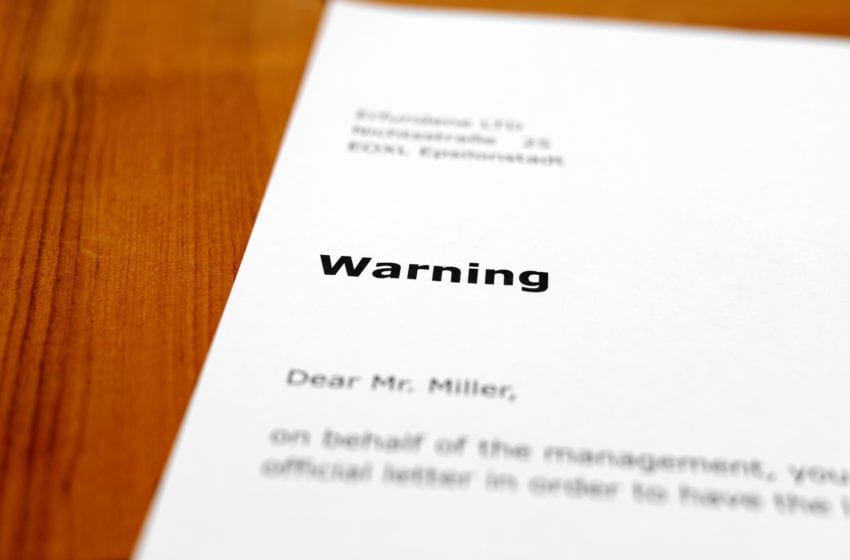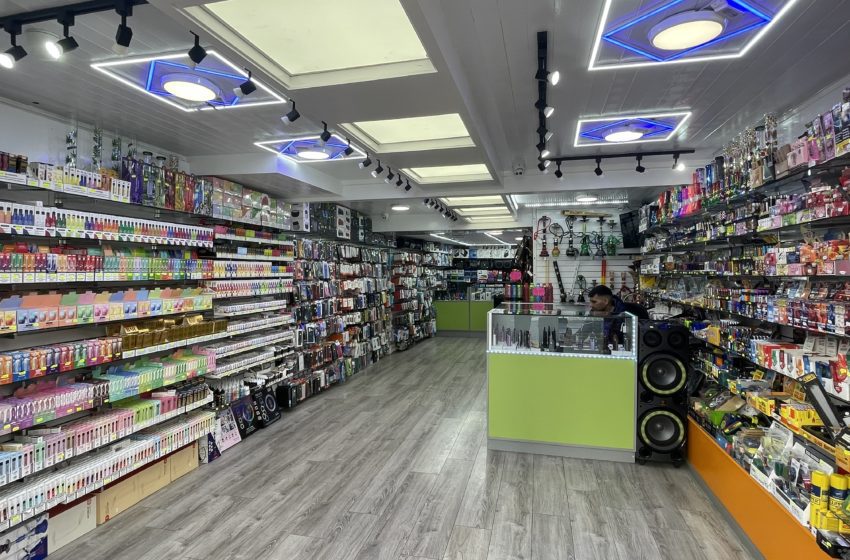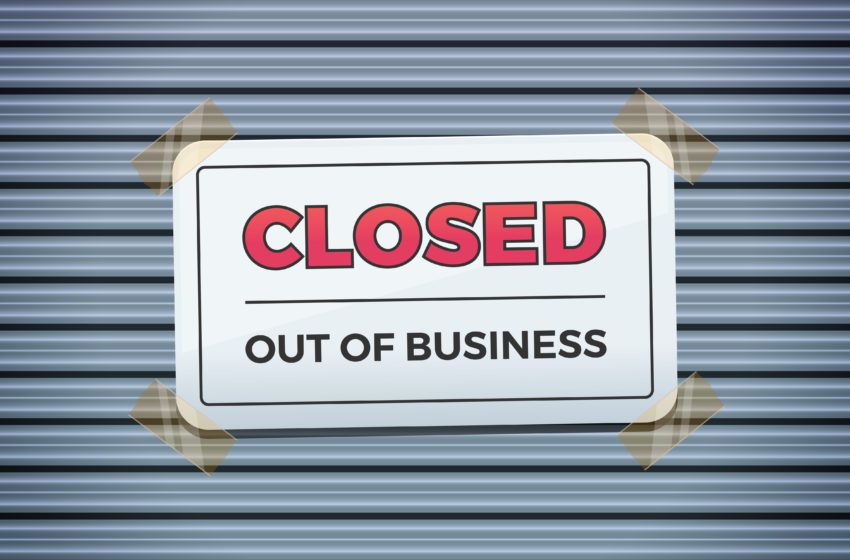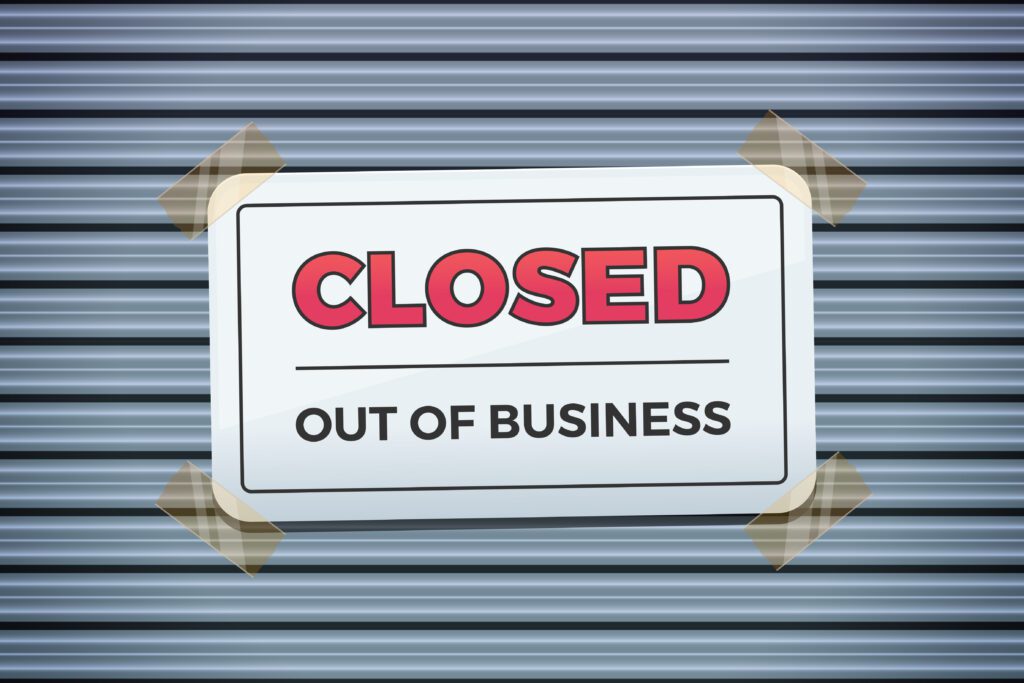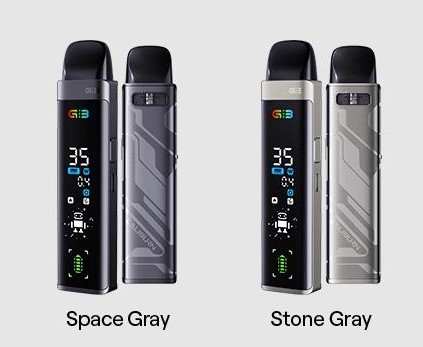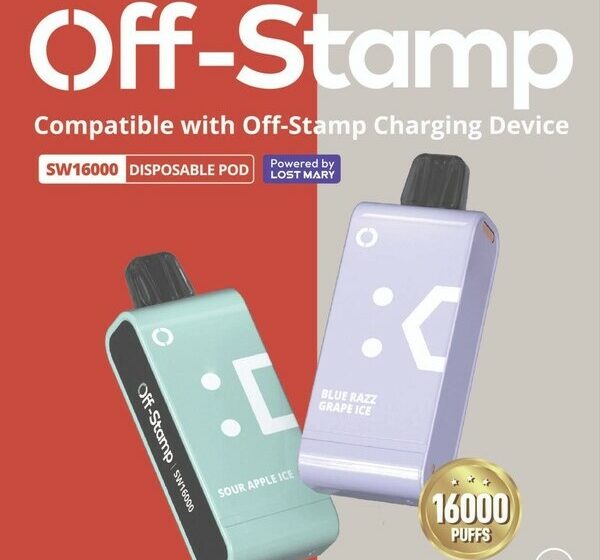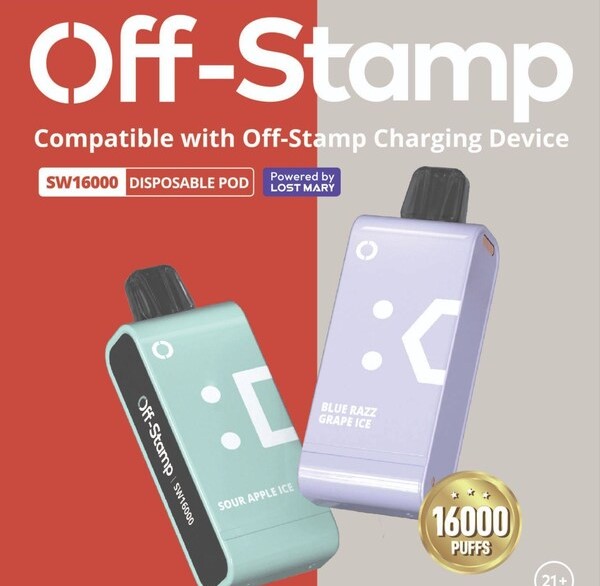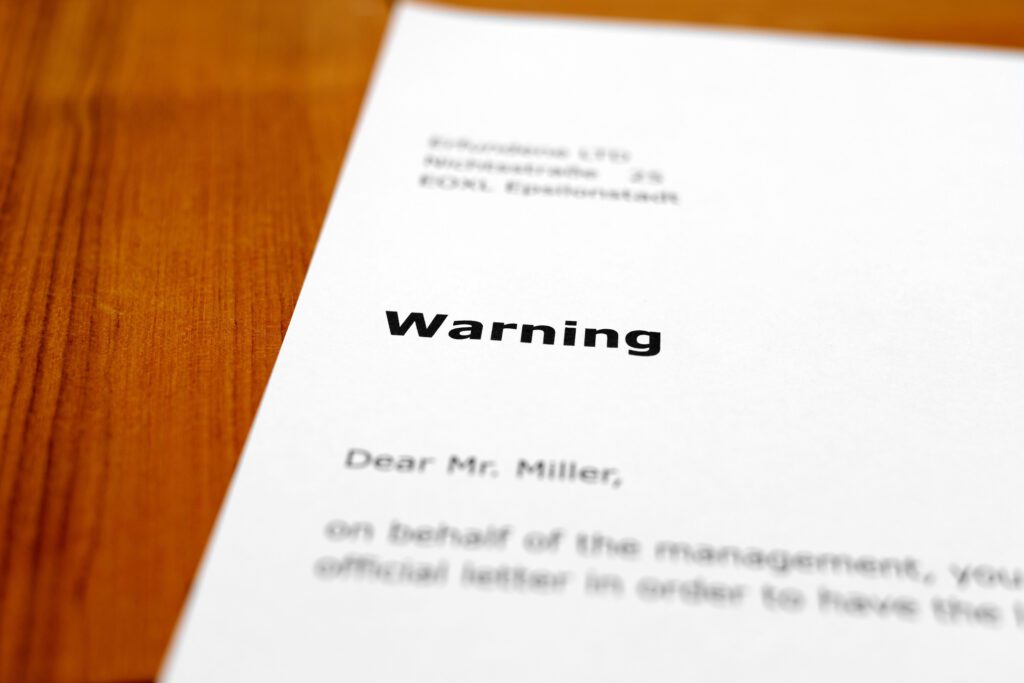
The U.S. Food and Drug Administration issued warning letters to 115 brick-and-mortar retailers for selling unauthorized vaping products. The warning letters cite the sale of disposable e-cigarette products owned by Chinese manufacturers and marketed under popular brand names, including Geek Bar Pulse, Geek Bar Skyview, Geek Bar Platinum, and Elf Bar.
The warning letters result from the FDA’s ongoing enforcement efforts, in coordination with state partners, to identify and crack down on the sale of unauthorized e-cigarettes, according to the agency. FDA has contracts with states, territories, or third-party entities to assist with compliance check inspections of retail establishments.
Findings from the 2024 National Youth Tobacco Survey indicated that 5.8 percent of current youth e-cigarette users reported using products under the Geek Bar brand. FDA’s review of additional rapid surveillance data and preliminary data from the Population Assessment of Tobacco and Health Study has also identified the brand as popular or youth-appealing.
Warning letter recipients are given 15 working days to respond with the steps they will take to correct the violation and to prevent future violations. Failure to promptly correct the violations can result in additional FDA actions such as an injunction, seizure, and/or civil money penalty.
A new tobacco product must have FDA authorization before it can be legally marketed, and generally, products without authorization are at risk of enforcement action. To date, the FDA has authorized 34 e-cigarette products and devices.

